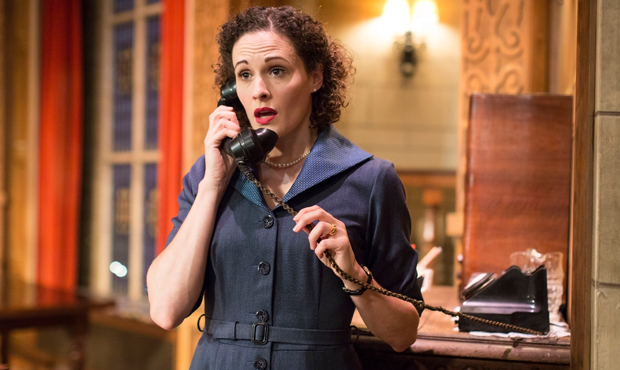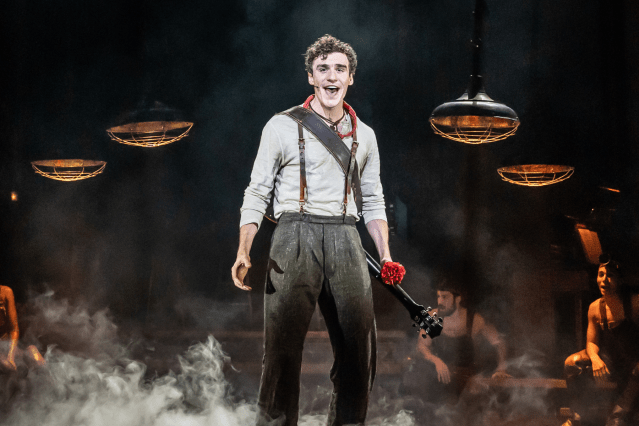Sarah Crompton: Why do some people like to know the ending?
Sarah Crompton on the importance of plot and why she always prefers to be surprised

One of the more disappointing moments of my life was when someone told me whodunit in The Mousetrap. The culprit knew I hadn’t seen the play, and that I was planning to go; he simply thought it wouldn’t matter if I knew the denouement.
That sophisticated attitude to plot is one I have never been able to muster. I like surprises. I like sitting in the dark, watching a play or a film, that holds me by the hand and leads me to an unexpected conclusion. When I was an arts editor, editing other people’s words, it gave me actual physical pain if a review gave the game away – and I always used to cut the offending words in case any readers felt the same.
For the same reason, I am always reluctant to read programmes in advance in case they give away too much information.
Quite a lot of theatre goers think liking revelation is childish
Quite a lot of theatre goers think this liking for revelation is childish. They argue that great works should not rely for their effects on the suspense of narrative, that plot can even diminish rather than enhance our viewing of the drama. These people think the poetry of Shakespeare is more important than the story, the effects of a production more critical than the lure of the simple tale unfolding.
Well, up to a point Lord Copper, up to a point. When JK Rowling asked early audience members of Harry Potter and the Cursed Child to ‘keep the secrets’ through nearly two months of previews – a request for silence that has so far been mainly obeyed – I think she was right. When I interviewed her for the Observer, she said: "I hope we get there without any major spoilers, purely because people will have an amazing experience if they don’t know what’s coming.
"Generally speaking, Harry Potter fans are a community, they have each other’s backs, and they want to have that mystery and the sense of surprise."
She is a masterful plotter. For all the other merits of the Harry Potter novels – the characterisation, their fantasy, the way they make children feel they belong – the momentum of the narrative, the simple lure of making you want to turn the page, is a powerful motivating factor to make you carry on reading. The same will undoubtedly be true of The Cursed Child, a play Jack Thorne has written, on the basis of a story he, JK Rowling and Jack Tiffany, the director, devised together.
JK Rowling is a masterful plotter. The momentum of the narrative is a powerful factor to make you carry on reading
Why should theatre deprive itself of this pleasure? If you have ever watched a child encounter Hamlet for the first time, you suddenly realise that Shakespeare’s plots do work: they actually don’t know what happens at the end, and they want to know if Hamlet kills Claudius, or Shylock gets his pound of flesh. For first time viewers, plot is part of the process.
In any case, it isn’t always pure story that provides surprises: of the plays I have watched in the past few months, both Duncan Macmillan’s People, Places and Things and Nick Payne‘s Elegy rely on satisfyingly slow twists to hold the attention. Hangmen by Martin McDonagh created more suspense than your average Agatha Christie. Alongside all the important ‘themes’ they raise, they grip their audiences with a desire to find out what happens next. Loving plot isn’t childish. It may be childlike, but that sense of suspended wonder is what makes the theatre such a magical place to be.













